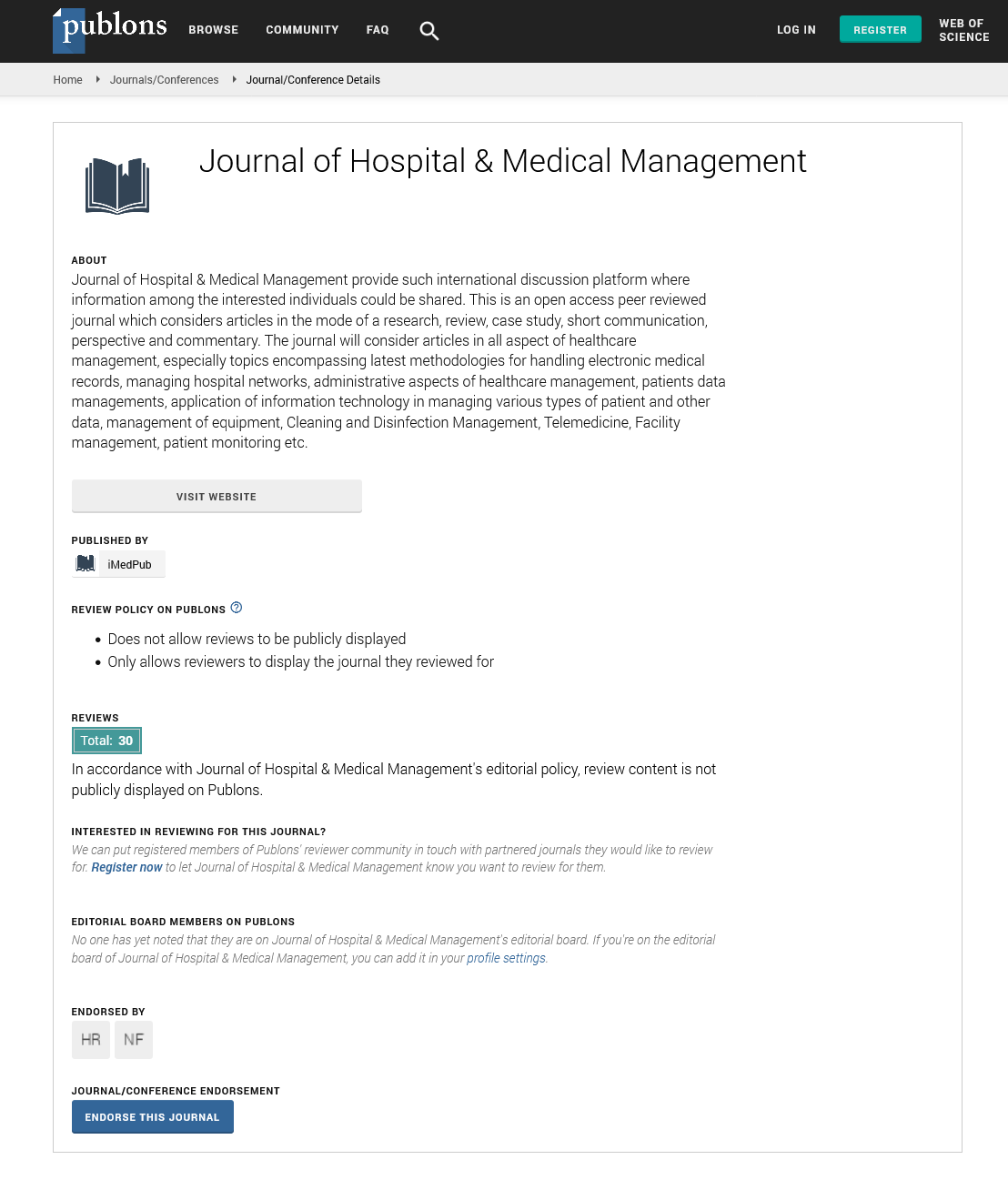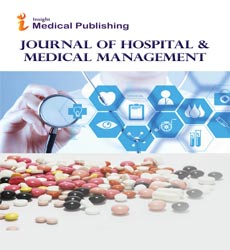Abstract
Bedside Endorsement Of Patients (Beep): A Tool to Enhance Communication and Patient Involvement, a Critical Component of Patient Safety Culture
Introduction: Communication-related to care, treatment, and services with the patient and family serves as the vital characteristic of a culture of safety in the hospital setting. Reports have revealed a lack of communication or breakdown of communication to be the leading cause for 70% of all sentinel events. Kuwaitis represent only 6% of the countries nursing workforce, and only 30% of the doctors, most of the expatriate working force comes from non-Arab speaking countries. Standardizing shift changes and doing endorsements at the bedside is an attempt to reduce this communication gap among patients and their care providers.
Methods: The current study thus attempts to assess the efficiency of Bedside Endorsement of Patients (BeEP) in promoting communication and patient involvement, both of which serve as critical components of patient safety culture. It is believed that once a high level of communication and patient involvement is established there will be a significant enhancement in patient satisfaction along with reduction in the patient and family anxiety.
Result: The study results revealed BeEP implementation increases patient's awareness on multiple aspects related to their care such as knowledge of shift change timings, nurse name, dietary restrictions, medication course and time, doctors round timings, discharge date and plan of the day. Conclusion: An increase is thereby noted in terms of patient and family involvement in their care and timely response to patient’s inquiry resulting in increased satisfaction. Bedside endorsement of patients thus poses as the most suitable method to enhance communication as well as bridge communication gap between the nurses and the patients and to increase patient and family involvement.
Author(s):
Jacob Jessy, Gupta SD
Abstract | Full-Text | PDF
Share this

Google scholar citation report
Citations : 319
Journal of Hospital & Medical Management received 319 citations as per google scholar report
Journal of Hospital & Medical Management peer review process verified at publons
Abstracted/Indexed in
- Google Scholar
- China National Knowledge Infrastructure (CNKI)
- WorldCat
- Publons
- International Committee of Medical Journal Editors (ICMJE)
Open Access Journals
- Aquaculture & Veterinary Science
- Chemistry & Chemical Sciences
- Clinical Sciences
- Engineering
- General Science
- Genetics & Molecular Biology
- Health Care & Nursing
- Immunology & Microbiology
- Materials Science
- Mathematics & Physics
- Medical Sciences
- Neurology & Psychiatry
- Oncology & Cancer Science
- Pharmaceutical Sciences


